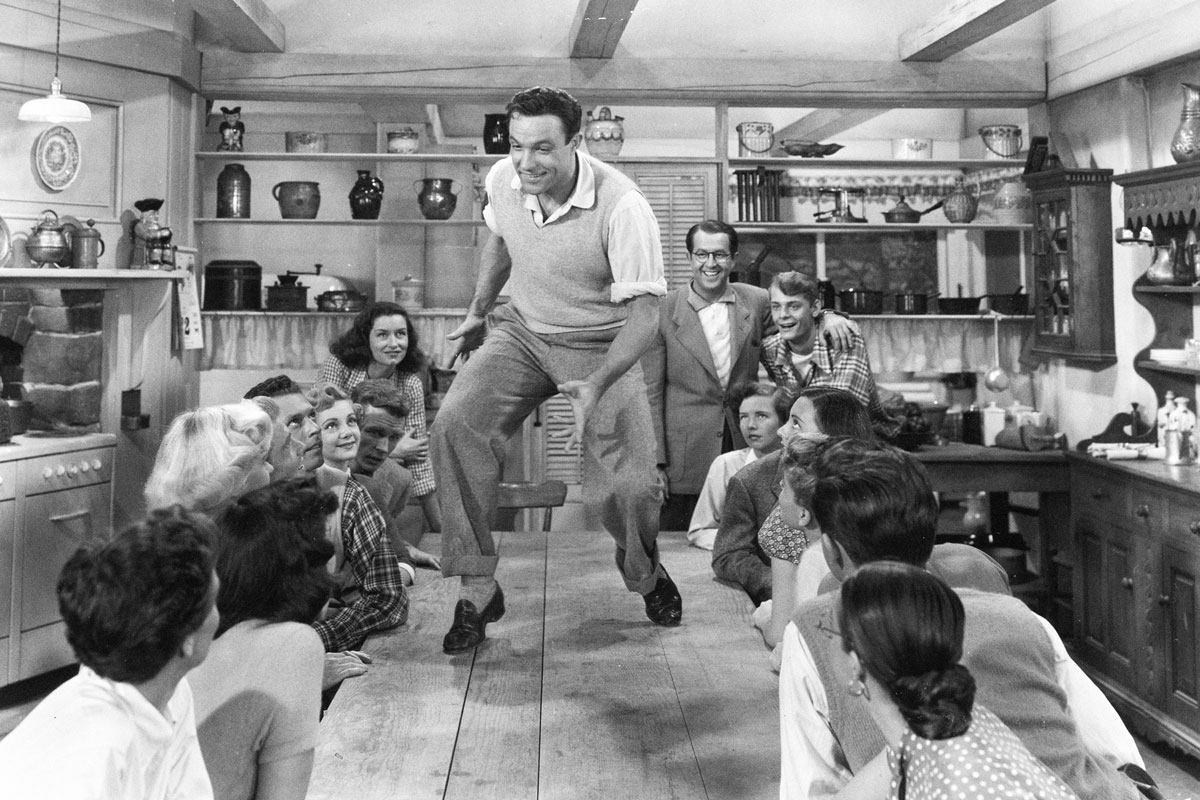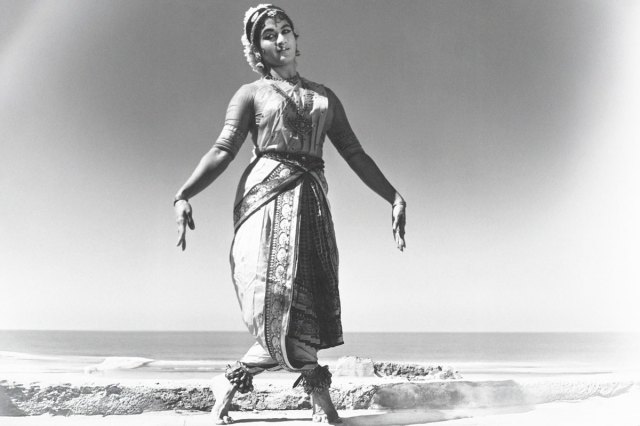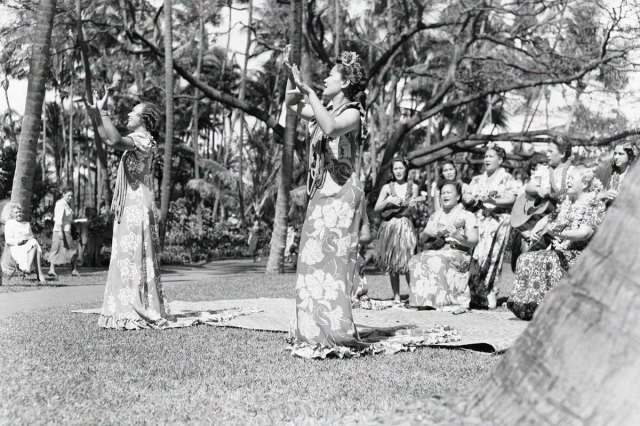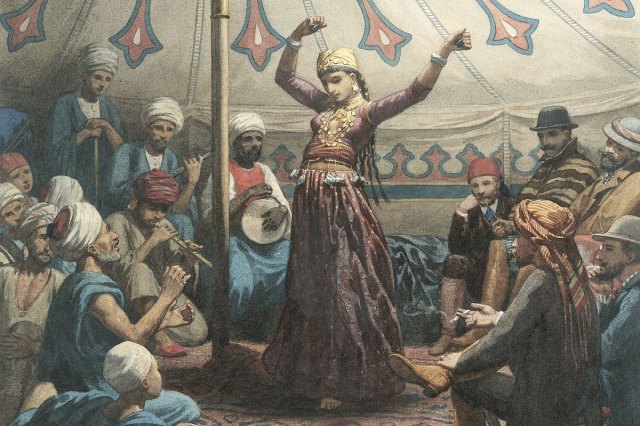The Oldest Dances in the World
As Gene Kelly noted in the classic 1952 musical Singin’ in the Rain, sometimes people just gotta dance. Whether it’s an impromptu shaking of the hips or a complex routine dashed off by a professional like Kelly, dancing is a gift available to people of any skill level who feel inspired to move their limbs to a beat. And although many of us prefer to display our rhythmic limitations in private, dancing is unquestionably a social activity, and has been from time immemorial.
While most traditional dances seem old-fashioned to us nowadays, many well-known forms, including the polka, foxtrot, and waltz, are relatively modern creations from the past one to two centuries. Other dances, however, are far older, with roots that hearken back to the world’s formative civilizations.
Determining which dance forms are the oldest is an inexact science, since many morphed and were incorporated into other styles as they shimmied across cultures and eras. Nevertheless, here’s a look at some of the oldest dances in human history.
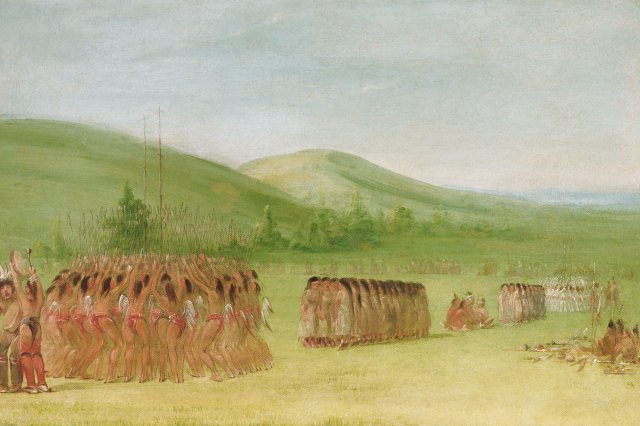
Grass Dance and Other Indigenous Rituals
Some Indigenous cultures today proudly display moves learned from their ancestors to celebrate deities and mark the cycles of life. Although their traditions date back thousands of years, potentially making them the oldest dances known to humans, the preponderance of oral storytelling over written records in these cultures renders it impossible to determine just how old these dances are.
Native Americans, who first set foot in North America as many as 23,000 years ago, are known in part for the array of dances performed in communal powwow gatherings. One of the older examples is the grass dance, said to have originated with the Omaha people in the Northern Plains, in which performers stomp their feet and twirl to the thumping beat of a drum.
The Aboriginal people of Australia, with a history that dates back some 75,000 years, also have a communal gathering known as a corroboree, a ceremonial combination of dancing, singing, and narration to relate the origin stories of the Dreamtime (Aboriginal mythology). Their dances include the Warren Jarra, which entails the continuous motion of pivoting bent legs inward and outward, and the Ngukum, with participants waving leaves to simulate fending off mosquitoes.





